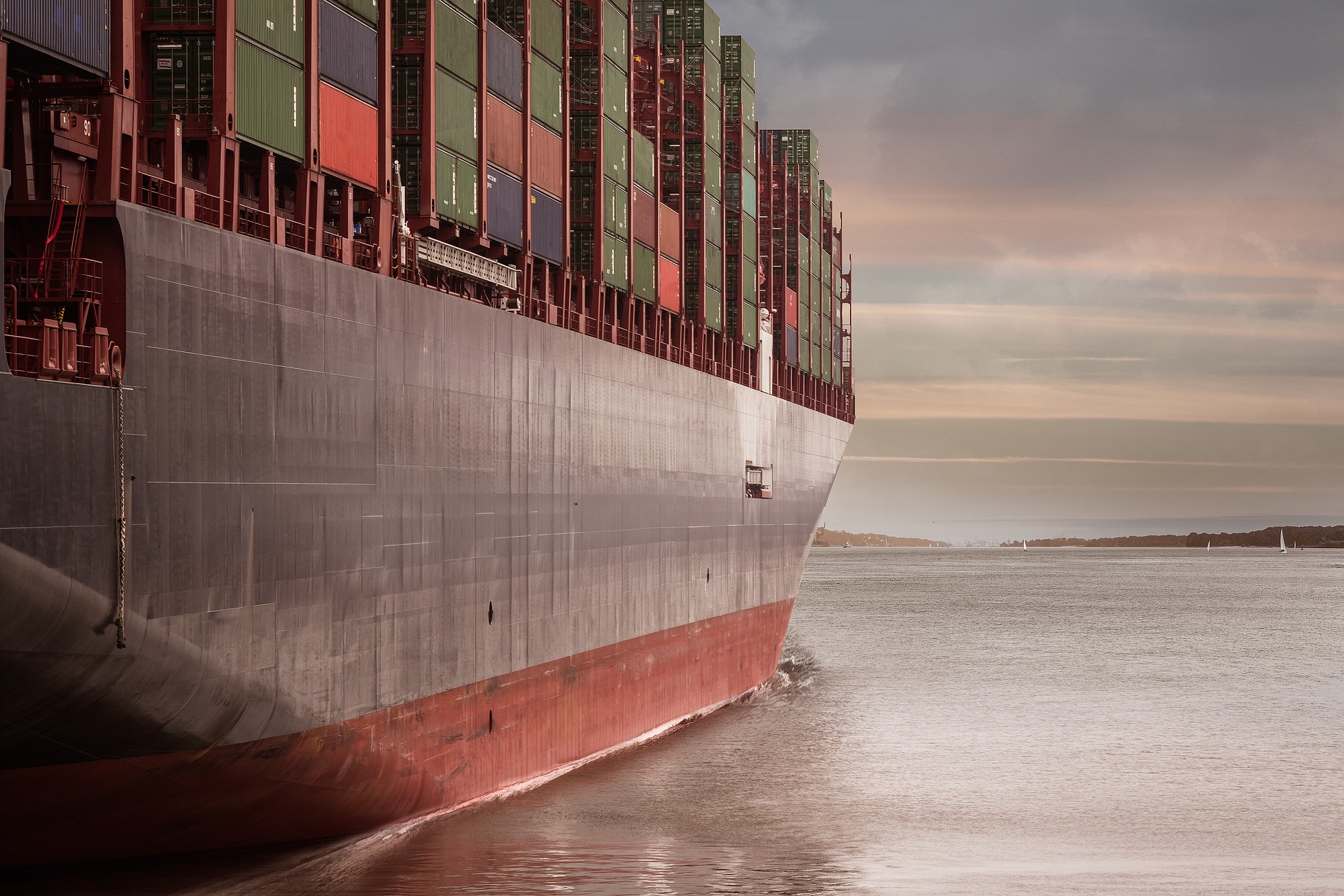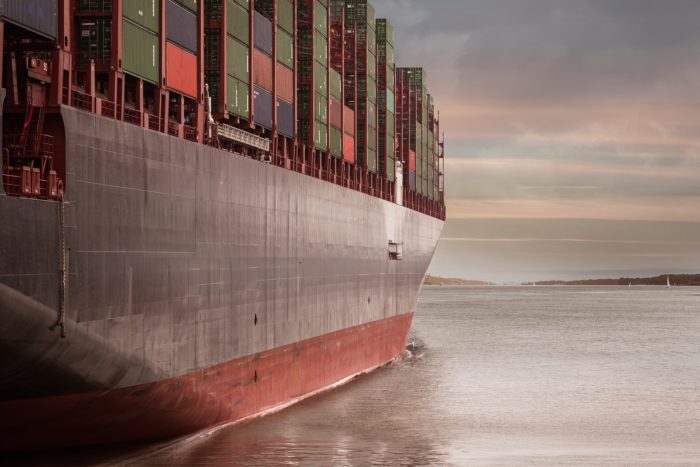
Take it Slow! Vessel Speed Reduction

Photo credit: Alexander Kliem
America’s west coast is full of busy shipping ports – some of the busiest in the world – with thousands of vessels traveling to and from the United States each year. In fact, the ports of Los Angeles, Long Beach, San Diego, San Francisco, Portland, and Seattle service more than half of all the ship traffic coming to and from the United States. However, west coast national marine sanctuaries are also home for at least part of the year to a number of threatened and endangered species (including blue whales, fin whales, humpback whales, and other marine mammals) due to the highly productive waters of the California Current System. Unfortunately, the intersection of commerce and essential animal migration routes and feeding grounds poses a risk to animals traveling through the area.
To reduce the threat of ship strikes on whales in the area, Channel Islands National Marine Sanctuary and others along the west coast have implemented Vessel Speed Reduction (VSR) programs, which benefit businesses, Californians, and whales. VSR programs are voluntary agreements between shipping companies and the sanctuaries to reduce ship speeds to 12 knots or slower when traveling through animal aggregation sites, and companies that choose to participate receive incentive payments and recognition for their efforts. The Channel Islands trial VSR program in 2014 took place in Santa Barbara between July 1 and October 31, the busiest local whale season of the year. The trial program reduced the number of ship strikes and had the added bonus of cutting fuel emissions that can reduce local air quality and contribute to climate change.
The National Marine Sanctuary Foundation is proud to have funded the expansion of VSR programs in both Santa Barbara and the San Francisco Bay area along with partners Channel Islands, Cordell Bank, and Greater Farallones national marine sanctuaries, local government agencies, and other nonprofit organizations.
To learn more about ship strikes and VSR, click here.
